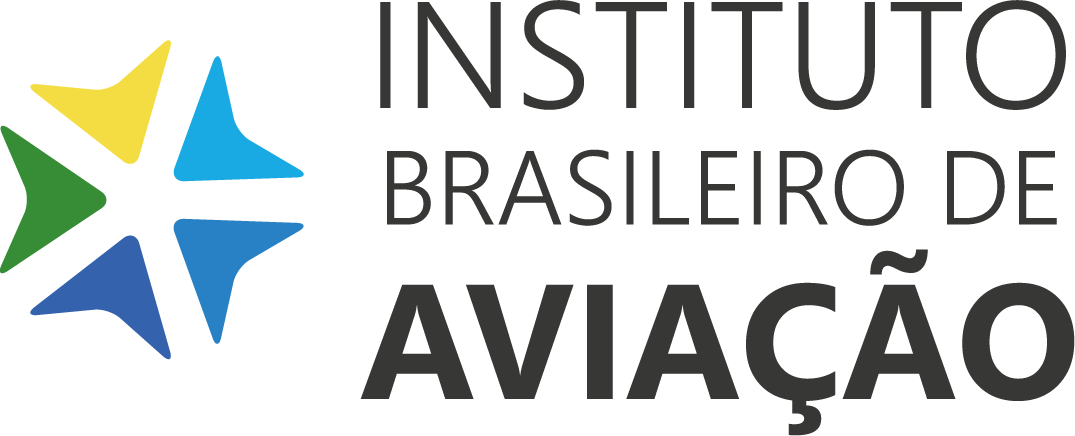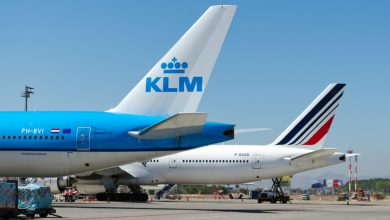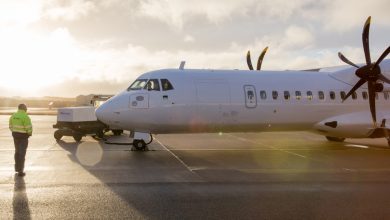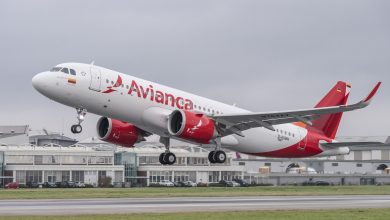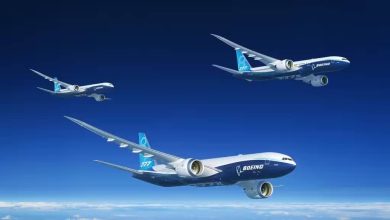Planta de Urals irá iniciar produção de peças de titânio para aviação
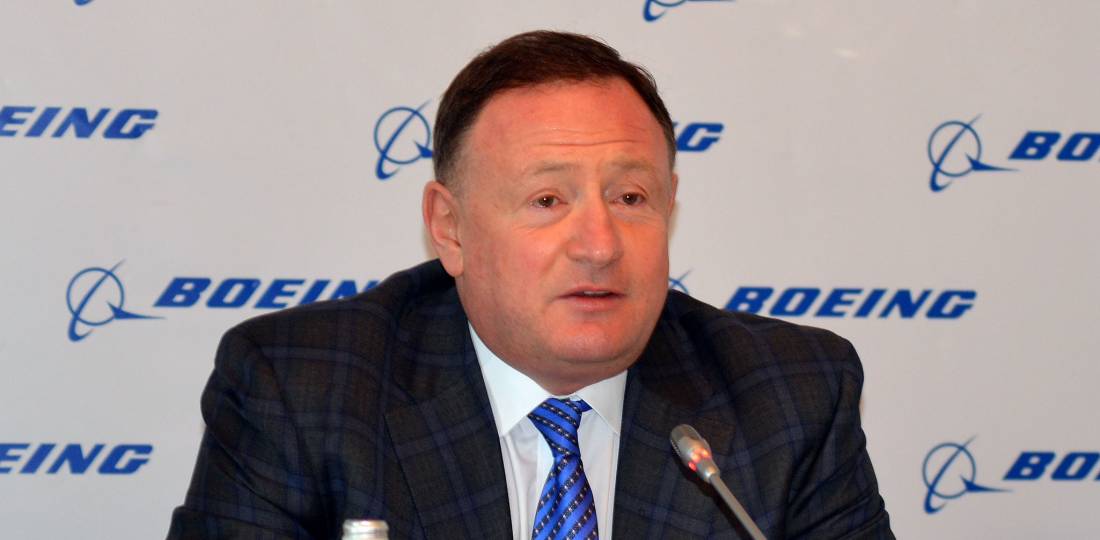
Shipments of Russian-made aerospace parts will exceed $1 billion after the new Urals Boeing Manufacturing (UBM) plant begins operations next summer, Sergei Kravchenko, Boeing president for Russia & CIS, told reporters during a briefing in Moscow a day ahead of Moscow’s July 18 to 23 MAKS 2017 airshow.
UBM, a joint venture between the U.S. airframer and Russia’s Rostec Corporation, officially launched operations in 2009, but the demand for more titanium parts prompted the partners to invest in a second plant to triple the capacity. The new plant opens “just in time,” said Kravchenko, considering the 18- to 24-month lead time for major 777X parts.
Russian output grew quickly as Boeing 787 production rose from an initial two to 12 per a month. Each Dreamliner coming off the production line uses 56 parts made of Russian titanium weighing a total weight of 22 tons, including heavily machined components from UBM and raw material supplied directly by Rostec’s VSMPO-Avisma company.
Kravchenko insists that the Moscow office has proved “an essential part of the company’s achievements on the global stage,” such as the 30 percent increase in Boeing’s capital base during the last year, up to $126 billion. Out of 1,200 Russian engineers employed by Boeing, 800 produce aircraft drawings, while another 600 Russian scientists work for the U.S. company.
The close cooperation between Boeing and Russia extends to space, most notably the International Space Stations (ISS). Kravchenko described the ISS as a major long-term project that forges “a very good and useful interdependence.” Since 1997 not a single day passed when at least one Russian cosmonaut and one U.S. astronaut hadn’t manned the ISS.
Another promising area for U.S.-Russian cooperation involves exploration of deep space. “No one country, however powerful, can do a big and proper step forward into the deep space without having good partnerships,” insisted Kravchenko.
While neither Russia nor China has yet to pose a serious threat to the world’s airliner maker duopoly, both aspire to do so. So, in certain areas, Boeing and Russia act as competitors rather than partners. At the start of the Russian Regional Jet program, which later evolved into Sukhoi Superjet 100, Boeing provided consultancy services, but “after the plane won certification and sales commenced, this cooperation discontinued,” noted Kravchenko.
“There are some areas when we compete, and others when we cooperate, and it’s natural for today’s economics,” he said. “The situations with [U.S. and EU economic sanctions against Russia] worry us, and do not help achieve assurances for tomorrow.” Any political tensions obstruct the way forward for Russia and U.S. as far as mutually beneficial cooperation in aviation and space is concerned.
Financial restrictions have proved most damaging, because they make it harder for Russian airlines to buy Boeing aircraft. “We continue materializing all we had agreed before, but the political instability restricts our ability to launch larger economic projects that would benefit both sides,” he said. “I want to see the sanctions removed.”
Nevertheless, Kravchenko expressed optimism about the potential of Boeing Global Services (GBS), the so-called third leg of Boeing that launched on July 1 with 20,000 staff working in more than 300 offices around the world. The airframer estimates the global market for services at $8.5 trillion, of which Boeing’s share now stands at only 8 percent. It seeks to increase that share via international partnerships. “Russia shall have an opportunity to take part in this new business, since it has competent engineers, maintainers and long-standing traditions in this field,” said Kravchenko.
“[GBS president and CEO] Stan Deal has asked for my assistance…and I shall be working for him while keeping the current position,” he added. Kravchenko said he sees the recent achievements of Russian airlines—most notably Aeroflot—in the area of digitization as a major contribution to the new division. To provide round-the-clock support for airlines, Boeing plans to take advantage of the time zone difference between Moscow and Seattle, employing engineers in those respective cities “as though in two shifts.”
“This way, we can get airline’s requests for services fulfilled quicker and in a more efficient manner,” concluded Kravchenko.
Fonte: AINonline 18/07/2017
